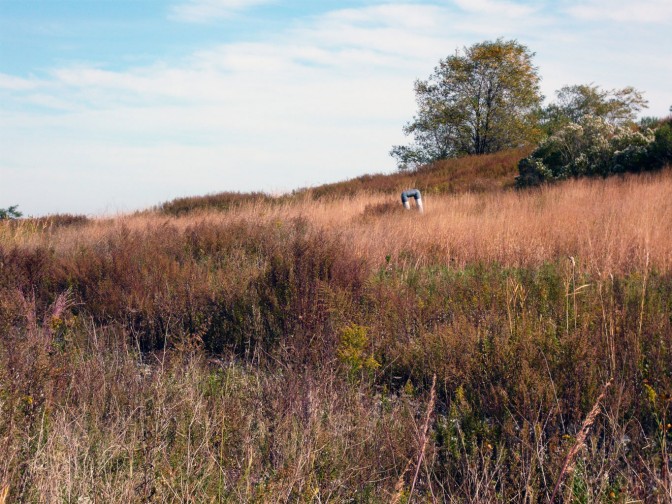Benefits of Wetlands
Wetlands control flooding and prevent erosion:
Wetlands reduce shoreline erosion, or the wearing away of land by elements such as water. They absorb wave energy and allow for the storage of large volumes of water. This is especially important during large storms to reduce flooding and storm damage. In addition, during periods of low rainfall, this water is discharged to adjacent streams to help maintain flow. In 2012, NYC was heavily damaged by storm surges after Hurricane Sandy. However, areas with wetlands were able to reduce the severity of impact by mitigating some of the flood.
Wetlands improve water quality:
Wetlands trap particles carried by water. Vegetation reduces the speed of water, causing heavy metals, organic particles (that could otherwise cause algae blooms), and excessive sediment (that could pose a threat to fish eggs) to sink to the bottom. Bacteria in the root zone breaks down compounds such as nitrogen and phosphorous.
Wetlands have economic benefits:
Wetlands can offer substantial economic, as well as ecological benefits. They can save a community from having to build water treatment or flood control systems. By serving as an important fish habitat, they help keep the commercial fishing economy alive.
Wetlands store carbon:
Wetland vegetation absorbs and stores carbon in their vegetation, their roots, and in the sediment. Dark, waterlogged, oxygen-deprived soils help slow down organic matter, like roots, from decaying, which results in very stable deposited carbon. By comparison, grasslands store the bulk of their carbon in their extensive perennial root systems. Woodlands store the bulk of the their carbon in their biomass, which can be easily released into the atmosphere. Carbon stored by tidal wetland vegetation, like Saltmarsh Cordgrass, is referred to as ‘Blue Carbon.’ These ecosystems are some of the most carbon-rich habitats. However, when wetlands are destroyed, their safely buried carbon can be released, so preserving these productive ecosystems is critical.
Wetlands can counter the Urban Heat Island Effect:
Wetlands, along with other other green spaces, help mitigate the Urban Heat island effect. They have been shown to absorb more heat and reflect more solar radiation than paved surfaces and buildings in developed areas.
Wetlands improve species diversity:
Tidal wetlands are characterized by their brackish (slightly salty) waters which foster the growth of specialized plants and animals not found in freshwater or saltwater habitats. They also serve as important habitats for migratory birds, as well as incubators and nurseries for insects and fish.
Wetlands provide opportunities for education:
The Freshkills Park Education Team is pleased to offer virtual field trips and presentations for classes and groups who are not able to visit the landfill-to-park transformation in person. Request a virtual tour here. Or join Ms. Frizzle, as the Magic School Bus Takes the Coast and explores Marshes and Estuaries.




